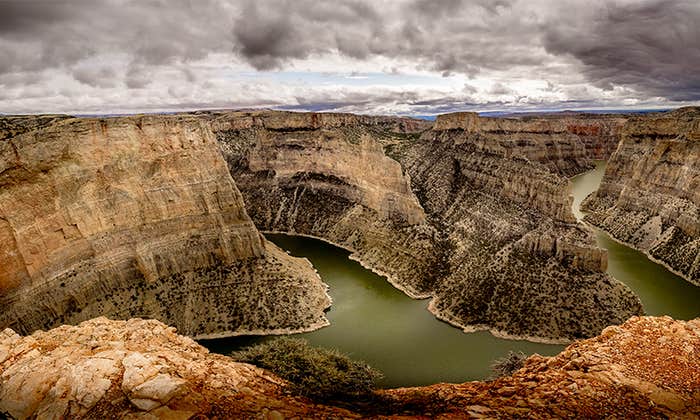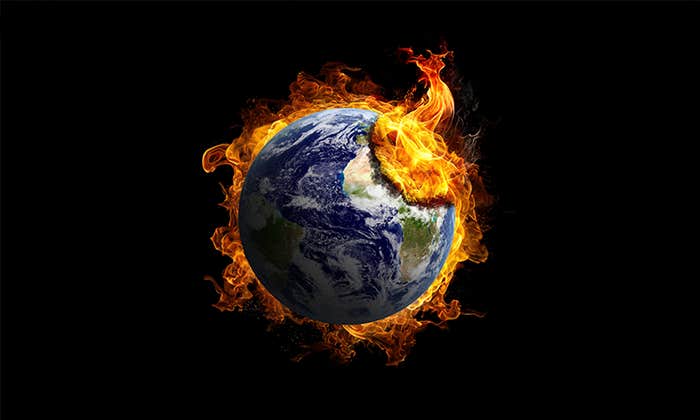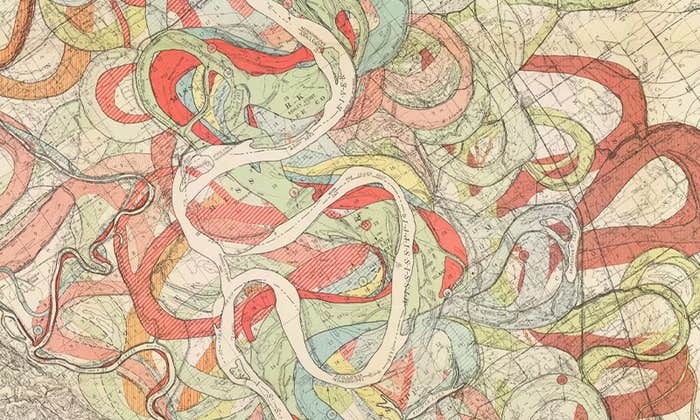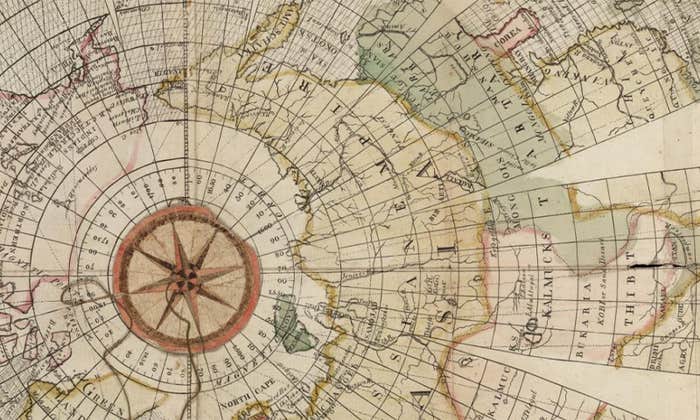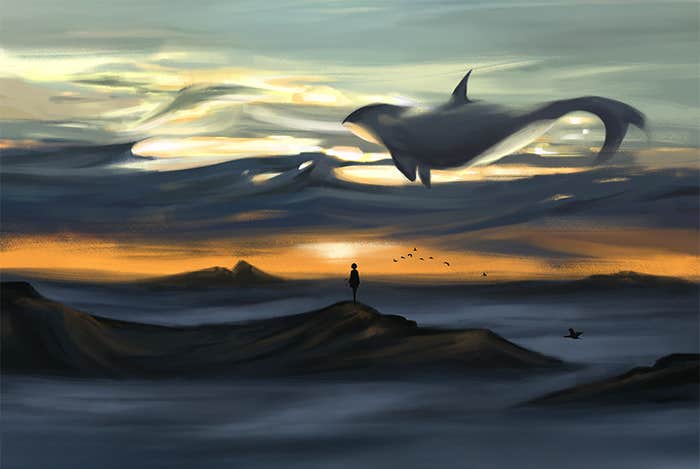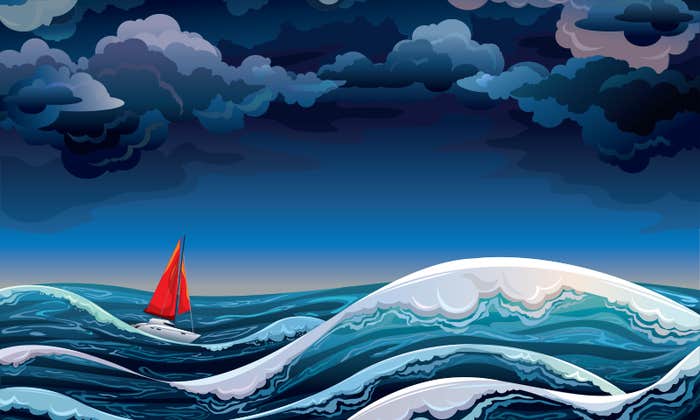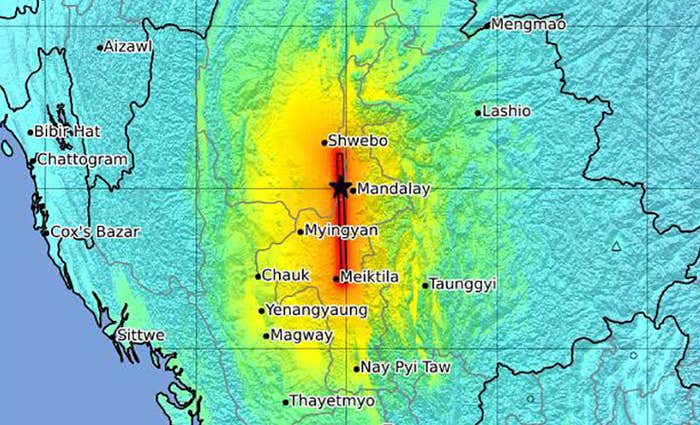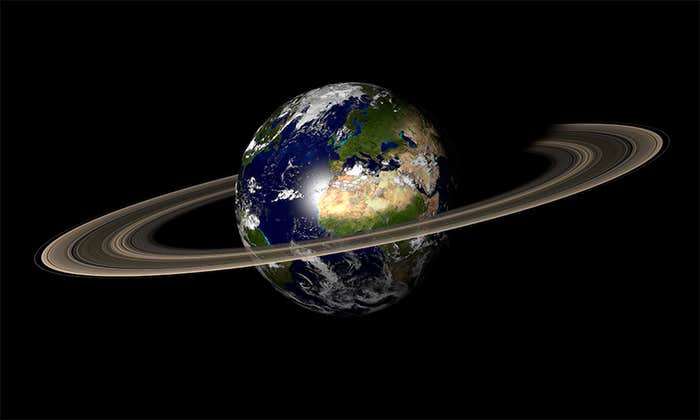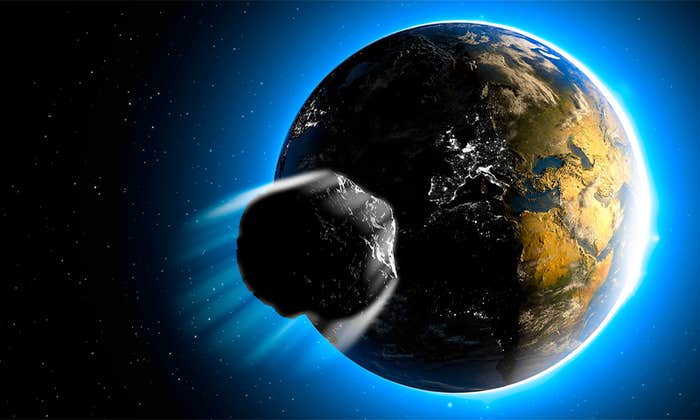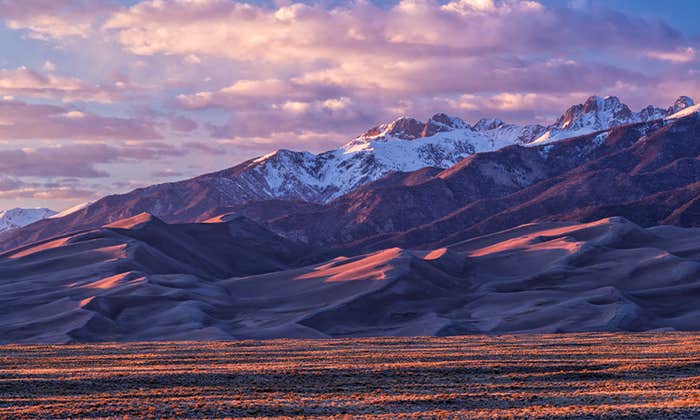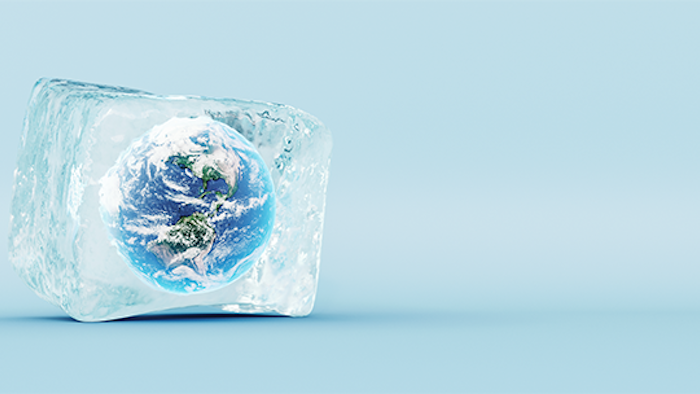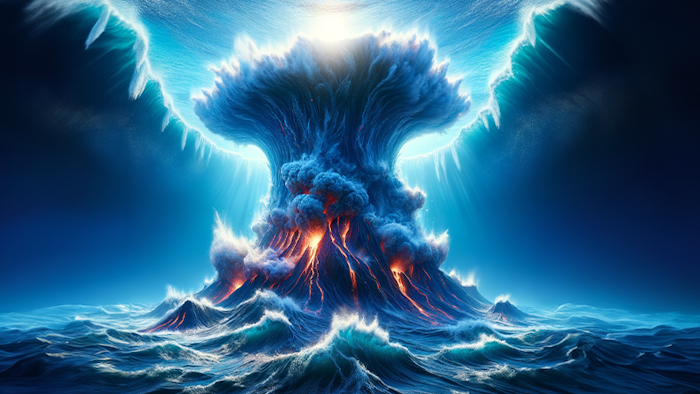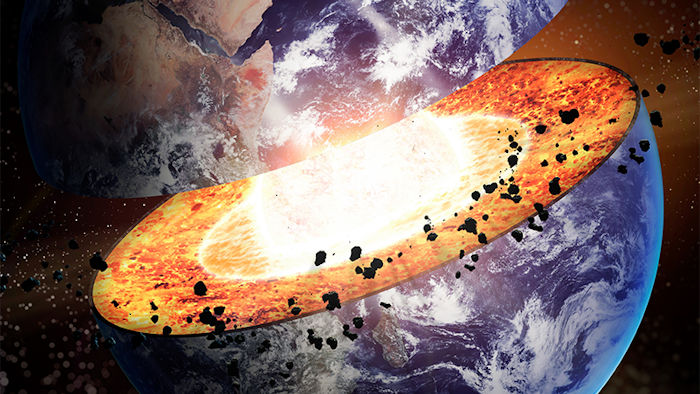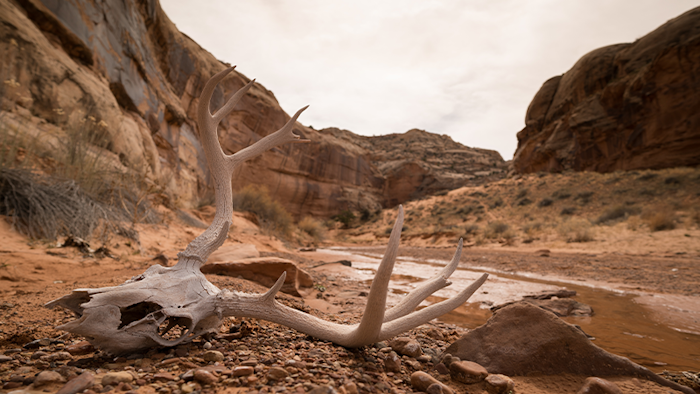Geoscience
87 articles-
The Stories Rocks Tell Us
Lessons for our current Earth from the geologic past -
When Earth Had No Fire
Laura Poppick’s 3 greatest revelations while writing her book, Strata: Stories from Deep Time -
The Ancient Paths of an Iconic River
Vivid geological maps reveal the movement of the Mississippi -
Mapping the Earth’s Magnetism
Early explorers felt the powerful pull of the poles -
Whales Run Aground by the Sun
Is the fault of whale strandings partially in the stars? -
Sailing Weather Gets Weird
Despite the latest forecasting science, climate change threw a wrench into this writer’s latest seafaring voyage -
Eastern North America Is a Geological Hotbed
Violent crumpling of rock left a continental edge that is much more interesting than we imagined -
What Caused the Devastating Earthquake in Myanmar?
A seismologist walks us through the region’s tectonic history -
When Earth Had Rings
A new way of thinking about the history of the Earth. -
The Origin of the Asteroid That Killed the Dinosaurs
The story of the doom-bringing rock may help us prevent a repeat catastrophe.
-
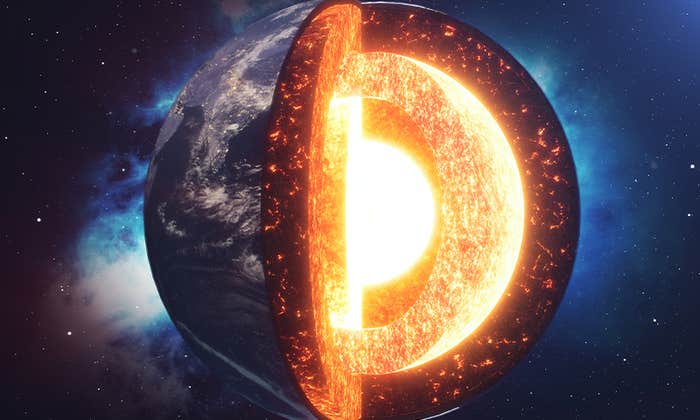
The First Good Glimpse of the Earth’s Mantle
The deepest extract from the middle layer of the Earth offers a wonderland of insights.
-
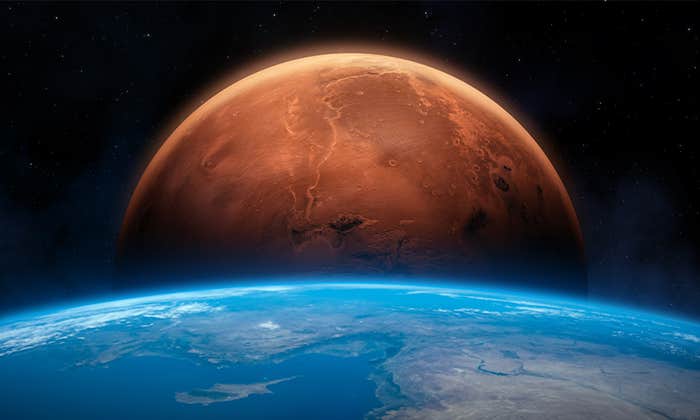
Do Our Oceans Feel the Tug of Mars?
Ancient currents seemed to move in concert with a 2.4 million-year dance between the Red Planet and Earth.
-

Let’s Get Granular
Scientists have long puzzled over the behavior of mixed particles in rivers and landslides. New clues could be groundbreaking.
-

When Calamity Comes at a Crawl
Climate change may exacerbate the quiet catastrophe of slow-moving landslides.
-
How Earth Once Cooled Off
A geological discovery shows how carbon was captured to chill the planet. -
A New Way to Trigger a Tsunami
How historic records and new data uncovered the colossal underwater avalanche that unleashed a massive wave in 1650. -
Why Is It So Difficult to Map the Ocean?
The most complete maps we have of the ocean floor lag far behind the maps we have of the moon. -
Earth’s Core Has a Gas Leak
Contrary to conventional wisdom, matter can escape the center of the Earth. -
Pangea’s Second Coming Won’t Be Chill
Today’s mammals would not survive the heat of Earth’s next supercontinent. But in evolution, there’s hope.















